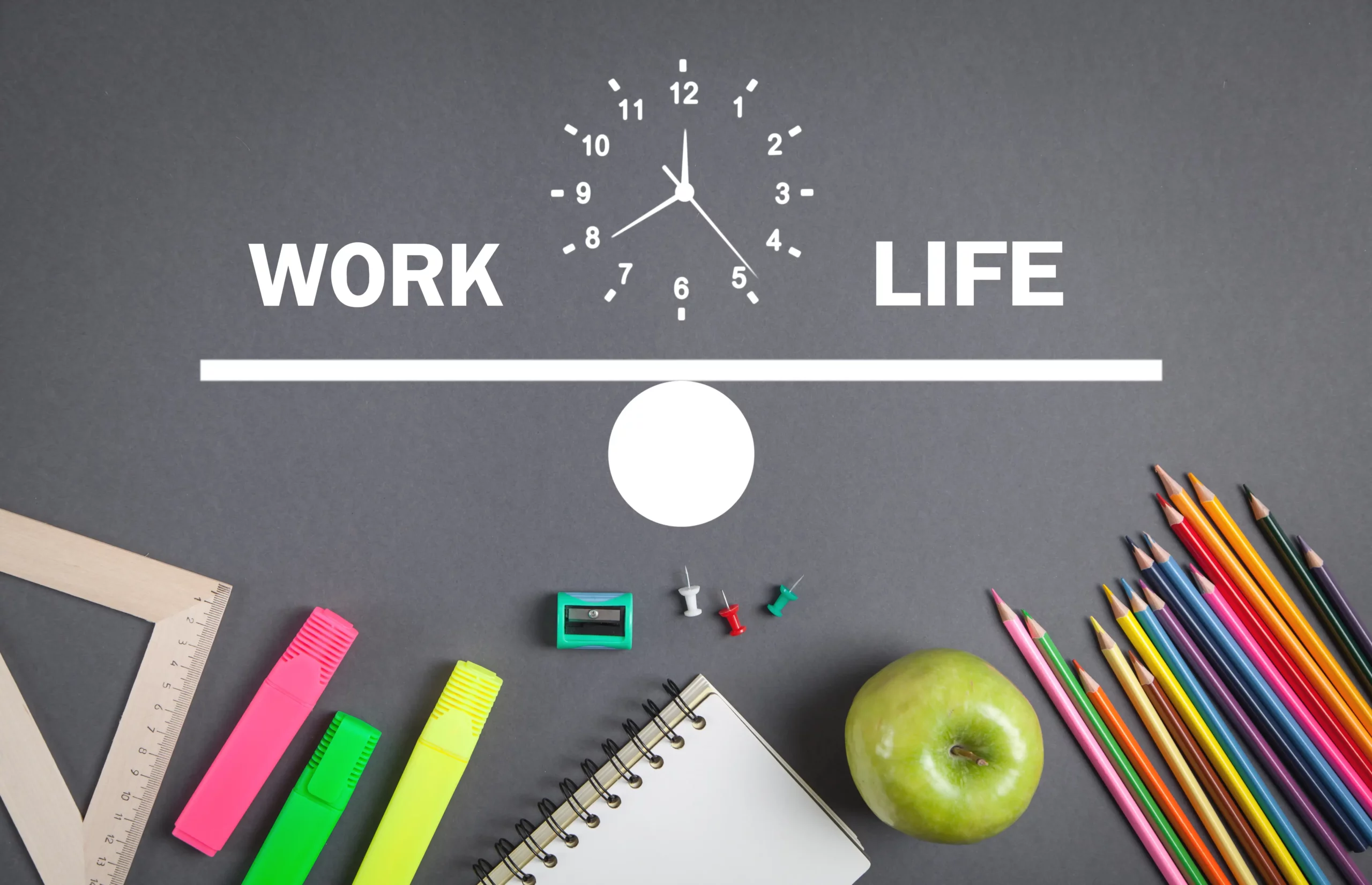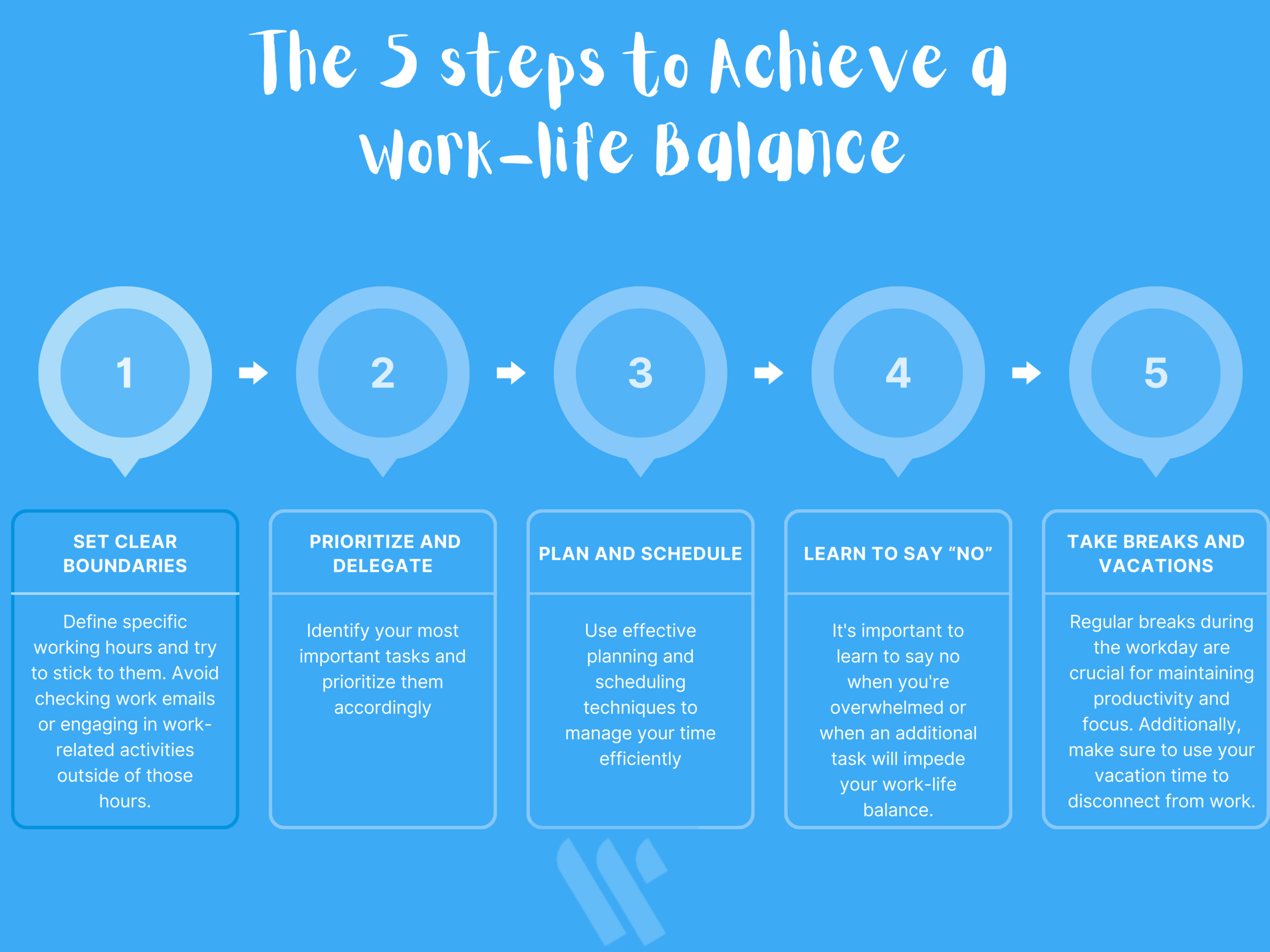
Live to Work or Work to Live Which One, How to Achieve the Life/Work Balance, and Can we do Both?
The dispute between “live to work” and “work to live” has been ongoing for many years, with both sides presenting valid arguments.
The “live to work” concept emphasises the importance of one’s career and sees work as the main source of fulfilment and purpose in life.
People who support “work to live” believe that work should be a means to an end, allowing people to pursue other interests and priorities in life.
The question of which one is better—living to work or working to live—is a complex one that is influenced by many factors, including personal values, career goals, financial needs, and lifestyle preferences.
In this article, we will explore both sides of the argument, examining the pros and cons of each approach and providing advice on how to achieve work-life balance.
Live to Work: pros and cons
There are certainly advantages to adopting a “live to work” mindset. For those who are passionate about their careers, work can be a source of great satisfaction and purpose.
By dedicating themselves fully to their jobs, individuals can achieve greater success, recognition, and financial rewards. In addition, many people find that the structure and routine of work help them stay focused and motivated in other areas of life.
However, This way of living has drawbacks as well. A work-life imbalance can lead to neglect of personal life and relationships, resulting in burnout and isolation.
Focusing solely on work can also limit an individual’s experience and opportunities for personal growth. Additionally, overworking can have adverse effects on an individual’s physical and mental health, including stress, anxiety, and depression.
Therefore, while prioritizing work may lead to success and fulfilment in some cases, it is important to find a balance between work and personal life to avoid negative consequences.
Work to Live: pros and cons
By contrast, the “work to live” philosophy acknowledges that work is just one part of a fulfilling life.
By prioritizing personal life over work, individuals can experience a range of benefits, including improved work-life balance, reduced stress and burnout, more meaningful relationships, and increased job satisfaction.
This may include spending time with loved ones, travelling, engaging in hobbies, or pursuing personal development goals.
However, there may also be some drawbacks to adopting a “work to live” approach, including reduced career advancement, financial constraints, work-related guilt, and social pressure to prioritize work over personal life.
By prioritizing personal well-being and happiness, individuals are better equipped to handle stress and challenges in all areas of life.
Which one is better and why?
The age-old question of whether to “live to work” or “work to live” ultimately comes down to personal values and priorities. However, in general, it is healthier and more fulfilling to “work to live” rather than “live to work.”
When people “live to work,” their jobs and careers consume their entire lives, leaving little time or energy for anything else. While they may achieve professional success and financial stability, they may miss out on other important aspects of life, such as relationships, hobbies, and personal growth.
On the other hand, when people “work to live,” they view their jobs as a means to an end, allowing them to support themselves and pursue other interests. While they may not necessarily be as passionate about their careers, they have more balance in their lives and can enjoy a variety of experiences.
Of course, this is not to say that everyone should prioritize their personal lives over their careers or vice versa. It depends on individual circumstances and priorities. Some people may find that they derive a great sense of purpose and fulfilment from their work, and that’s perfectly valid. Others may value their personal lives above all else, and that’s also valid.
The truth is that we can do both. It’s all about finding a healthy work-life balance where you can pursue your passions, achieve your goals, and still have time for the people and activities that bring you joy.
What is work-life balance?
Work-life balance refers to the idea of maintaining a healthy equilibrium between the demands of one’s work and personal life.
It involves balancing the time, energy, and attention devoted to one’s job and career with the time and energy devoted to family, friends, hobbies, and personal pursuits.
What is the importance of work-life balance?
Having a good work-life balance means being able to meet the demands of both work and personal life without sacrificing one for the other.
It also means being able to enjoy a fulfilling and satisfying personal life outside of work while still being productive and successful in one’s career.
Achieving work-life balance can help reduce stress, prevent burnout, and improve overall well-being.
It can also improve work performance, as employees who are happier and less stressed tend to be more engaged and productive in their work.
The 5 steps to Achieve a work-life Balance
Creating a work-life balance is important to maintain your overall well-being and prevent burnout. So Here is how you can achieve a better work-life balance:
1. Set clear boundaries
Establish clear boundaries between your work and personal life. Define specific working hours and try to stick to them. Avoid checking work emails or engaging in work-related activities outside of those hours.
2. Prioritize and delegate
Identify your most important tasks and prioritize them accordingly. Learn to delegate tasks that can be handled by others, freeing up your time and reducing stress, and you can check our guide to avoid How to Deal With a Workplace Grievance.
3. Plan and schedule
Use effective planning and scheduling techniques to manage your time efficiently. Set aside dedicated blocks for work, personal activities, relaxation, and time with loved ones. Having a structured schedule can help you maintain a better balance.
4. Learn to say “NO”
It’s important to learn to say no when you’re overwhelmed or when an additional task will impede your work-life balance. Set realistic expectations for yourself and others regarding your availability and workload.
5. Take breaks and vacations
Regular breaks during the workday are crucial for maintaining productivity and focus. Additionally, make sure to use your vacation time to disconnect from work completely and recharge.
The Conclusion:
To make your life more important than your work no one will blame you and if you do it the other way you are on the right path too don’t worry, but make sure to make the right balance for you as this is the thing makes you not regretting any on your choices Make your decision and be in your most comfortable place, and either way Whitecollars will be in your help



